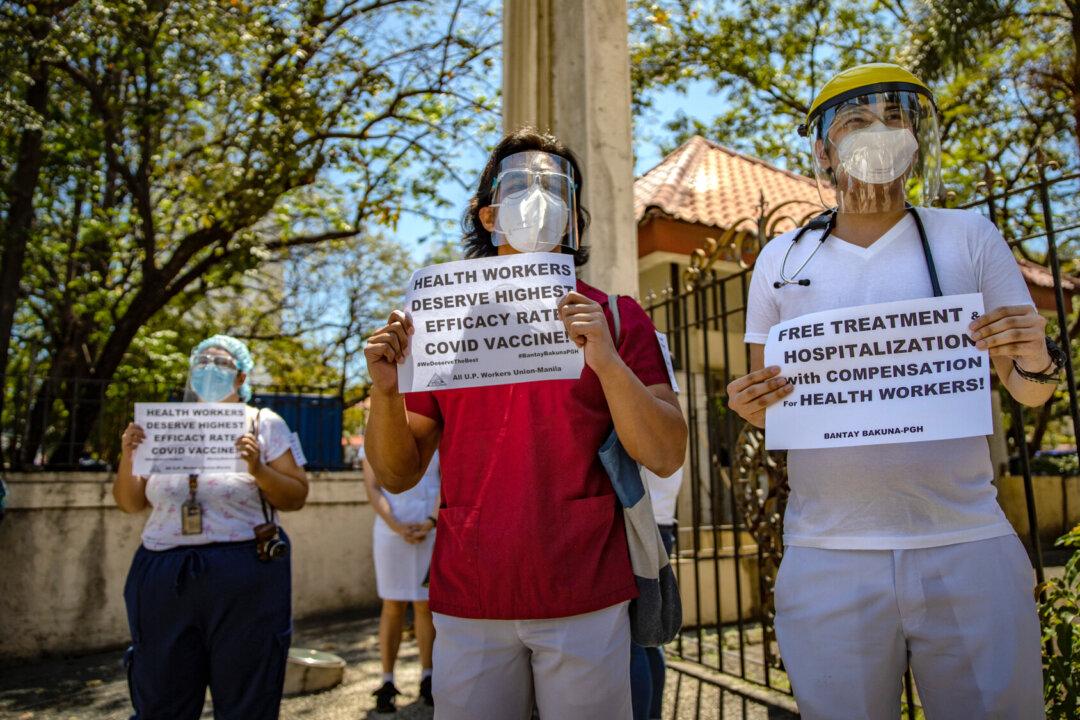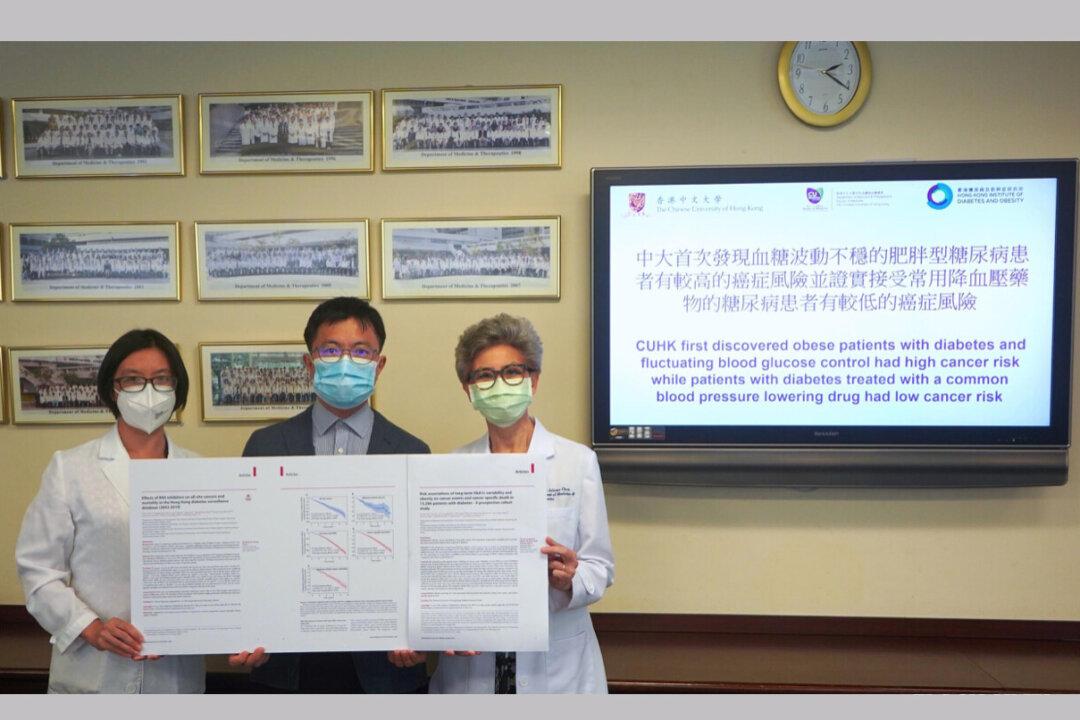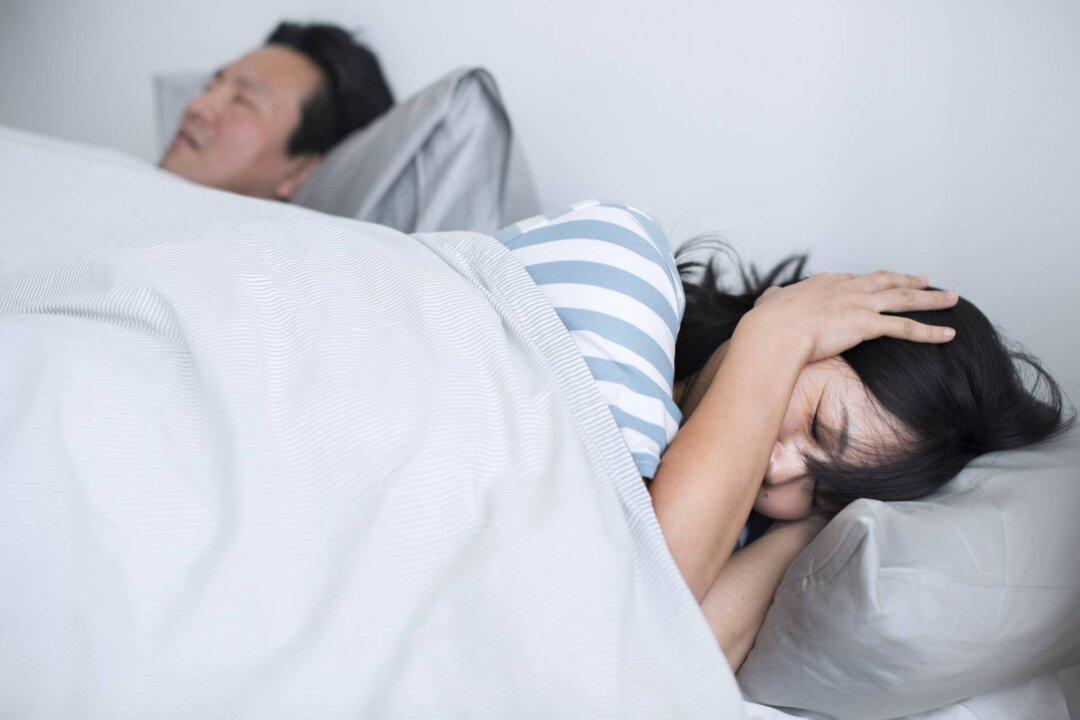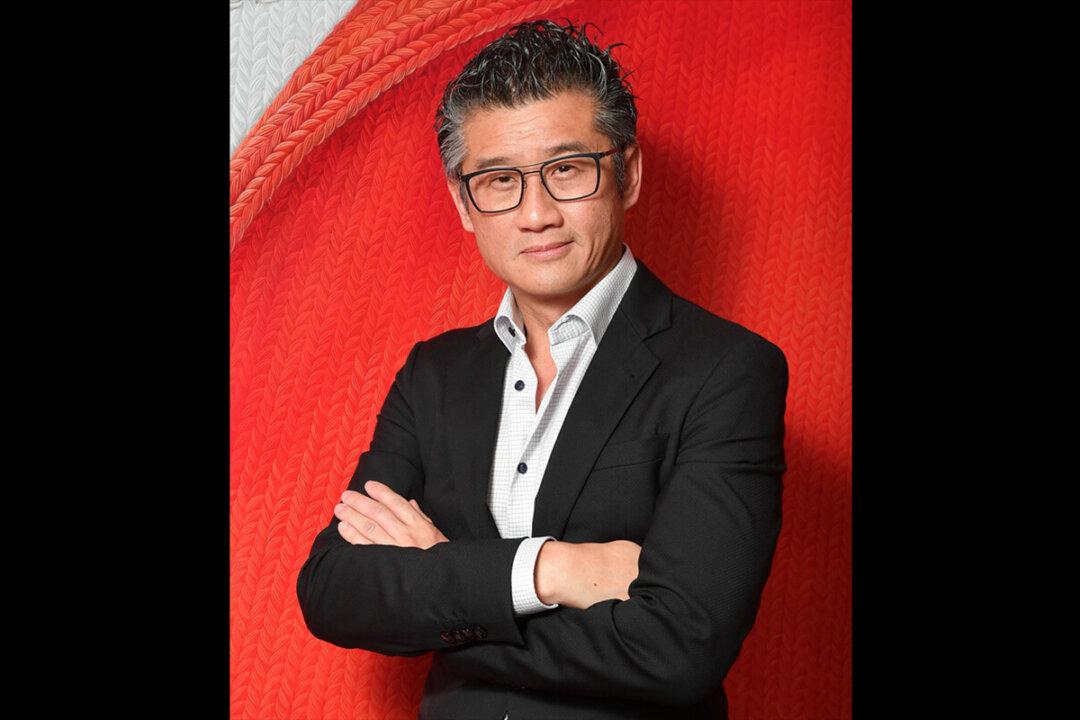China has been touting the success of its COVID-19 vaccines at home and abroad, luring a number of countries into purchasing Sinovac and Sinopharm, two front-runner Chinese vaccines. Moreover, whenever a foreign sale is made, Chinese authorities immediately cite it as proof of popularity and effectiveness in the propaganda it uses inside China.
Such propaganda has indeed achieved a certain amount of success both inside the country and in the international community.




